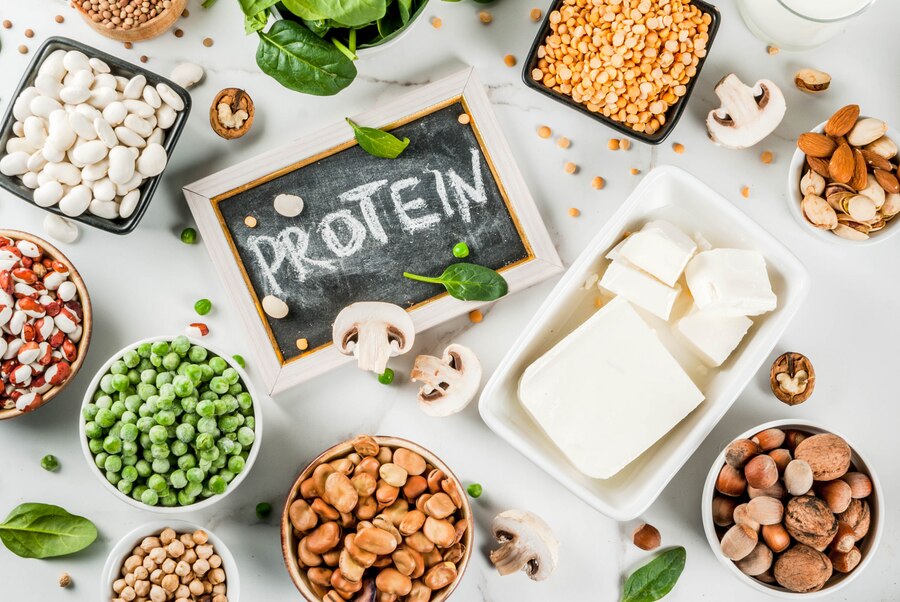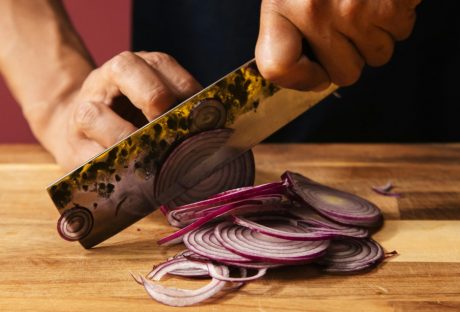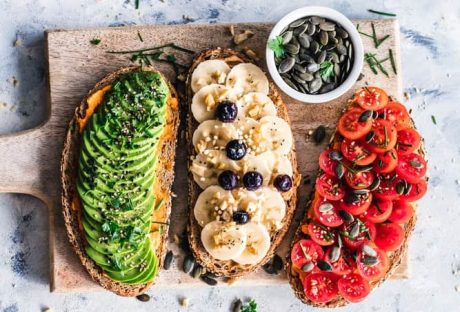Let’s begin with discovering some facts. In 2022, the total revenue of the global protein snacks market share was valued at USD 4.1 billion and is expected to cross USD 10 billion by 2032. There are a whole lot of reasons why we are witnessing a boom in the protein snacks market. A lesser known fact is that protein is the most important macronutrient required by the body.
Even though people are aware of how important protein is for maintaining a healthy and balanced diet, they often forget to include enough protein in their diets. And that’s when protein rich snacks play an important role. It’s like having a nutritious pack by your side at all times.
Let’s look into the remarkable benefits of including protein-rich snacks in your diet.
7 Benefits of Eating Protein Rich Snacks
While everyone’s busy watching their sugar and calorie intake, people forget to keep a check on the protein intake. High protein snacks play a key role in fueling our cells and powering our body. The beauty of these protein-packed treats lies in their versatility, catering to both fitness and non-fitness enthusiasts. Now, let’s delve into the myriad of benefits of protein rich snacks.
Weight Management
Protein-rich snacks are a great addition to a weight management plan. Protein is a macronutrient and therefore these snacks are hard to digest. This is responsible to increase satiety and help curb hunger, reducing the chances of unnecessary snacking. Also, those moments of sudden hunger pangs, overeating and feeling tempted to munch on chips can be put to ease. Including protein-rich snacks in your diet can help in controlling cravings, promoting a feeling of fullness and making healthy food choices. Additionally, protein also has a modest play in boosting metabolism and burning more calories.
Muscle Growth & Repair
Protein packed snacks play a vital role in muscle growth and repair by providing the necessary amino acids. It is one of the most essential food items for those seeking to build or maintain muscle mass. These superhero of nutrients are the building block of muscles and also promote regeneration of lost muscle. Protein rich-snacks can be a great go to post-workout meal as it helps in muscle recovery and development.
Blood Sugar Regulation
In the present times, maintaining a stable blood sugar level is quite a challenge. However, it is the most important thing to do, especially for people with diabetes and for those who are at risk of developing it. High protein snacks have the ability to prevent sharp spikes and drops in blood sugar, providing a controlled sugar level. Research suggests that when protein is combined with a source of healthy fats or fiber, protein can slow down the absorption of glucose into the bloodstream, preventing sudden blood sugar fluctuations.
Sustained Energy Levels
Protein is a powerhouse of macronutrients. Since it takes a long to digest unlike carbohydrates, protein-rich snacks can effectively keep you energized and focussed. Snacks like protein puffs, Greek yogurt and protein bars are not just satisfying but also offer sustained energy. Protein loaded food can stimulate energy production in the cells and up the breakdown of fat to produce energy.
Improves Heart Health
Incorporating protein-packed snacks to your daily routine can potentially safeguard your health. Some findings from an American study reveals that people who consume a good amount of protein have a remarkable 40% reduced risk of developing high blood pressure, compared to those who skimp on this nutrient. So, why not take a proactive approach to your health and make sure you’re getting enough protein?
Good For The Bones
There’s a common misconception that eating too much protein is bad for the bones. This is based on the theory that protein increases acid levels in the body, leading to reduced Bone Mineral Density (BMD). However, in reality, consuming an adequate amount of protein actually helps maintain strong bones as you get older. So, here’s some food for thought: snacking on protein-rich foods can truly work wonders for your overall health.
An Improved Immune System
And here’s what we are all looking for -an improved immune system. Protein-rich snacks play a crucial role in building a strong immune system and production of powerful antibodies to combat a range of illnesses. Including protein-rich snacks in our daily routine can provide the necessary amino acids needed for the synthesis of antibodies. These snacks can include a variety of options such as nuts, seeds, yogurt, lean meats, and legumes. As mentioned, these nutrients also stabilize blood sugar levels that indirectly support the immune system.
One Last Thought:
With so many incredible benefits, including protein rich snacks in your diet is a smart choice. While you do so, it’s important to choose snacks that are not only high in protein but also balanced in terms of other essential nutrients like healthy fats, fiber, vitamins, and minerals. This will ensure that you are getting a well-rounded snack that provides sustained energy and supports overall health.
By prioritizing protein-rich snacks , you can enjoy an appetizing and nutritious way to fuel your body throughout the day.
Read Also:
- How To Cook Sausage That Tastes Like Heaven
- Best Summer Lunch Options
- How to Choose the Right Wine: Sommelier Tips

























